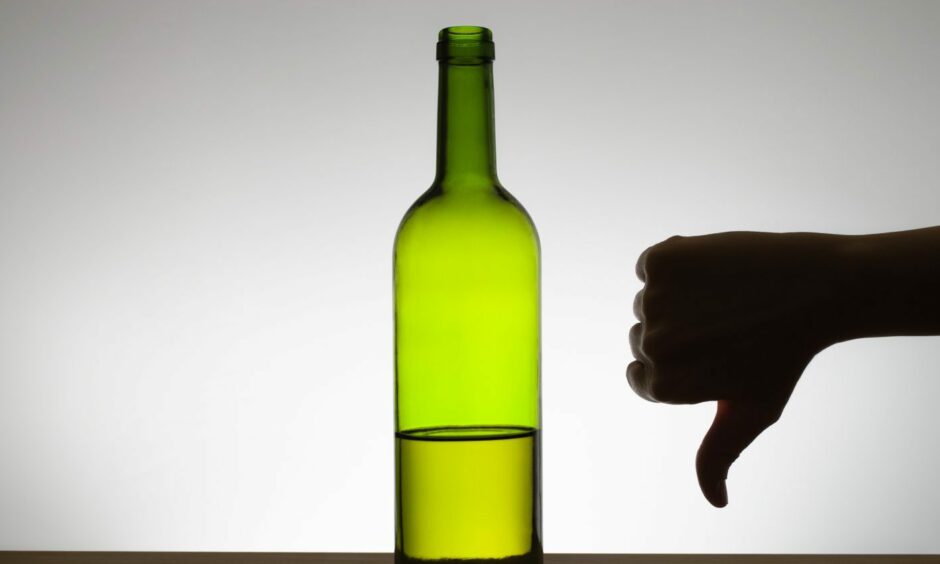
When I arrived at university, it was my first experience of nightclubs and drinking.
My fresher year acquainted me with the budget-friendly mix of vodka and diluting juice at ‘pre-drinks’ followed by the ritual of shots at the student union – to the chant of ‘down it fresher’.
The truth was that my body rejected alcohol around three drinks in, and I’d vomit for hours after half of bottle of cheap fizz.
Fast forward 12 years and I haven’t built up a tolerance.
Come my wedding day and people were incredulous that I politely declined their offer of a celebratory drink.
All manner of occasions seem to call for a bottle of the good stuff, and I’ve been forced to state I’m not pregnant when ordering a soft drink.
I indulge occasionally, but one glass of a carefully selected tipple is enough.
I love Dry January because I’m no longer the odd one out, but being teetotal is increasingly common.
Could the forecast be changing in the world of booze, with bars catching on via mocktail menus and o% beer?
I’ve spoken to the Director of Aberdeen institution, Siberia Bar & Hotel, Stuart McPhee, alongside nature reserve manager, Caroline Snow, who broke up with alcohol after one hangover too many.
Caroline Snow: ‘People disappeared from my life’
Caroline has the enviable role of managing Merkinch Nature Reserve in Inverness.
She gave up drinking nine years ago, and believes her life has vastly improved.
“In my experience, you have to defend yourself quite strongly when you’re at any kind of party and you say you don’t want a drink,” said Caroline.
“You need to be an assertive person.
A lot of people disappeared from my life when I gave up alcohol, because you’re just looking for someone to go out and get drunk with.
“When women reach a certain age, we should carry ourselves with a little more grace.
“That table down the front of cackling women , I don’t want to be part of that.
“I’ve been out dancing since giving up booze, I drank Irn-Bru for energy and I had a great time.”
Caroline believes her decision sometimes makes people uncomfortable because it “pricks at the conscience”.
“Instead of asking people why we don’t drink, we should be asking why we need to drink so much,” she said.
“Is society and the events we go to so awful?
“I could tell you 100 stories where I’ve embarrassed myself.
“I went out with friends on a Saturday night, I had half a bottle of gin before going out and then carried on drinking until 2am – I drank myself sober.
“I was £60 down, my head hurt for three days running.
“And I hadn’t even enjoyed myself.”
It was a wakeup call for Caroline, and she believes going teetotal hasn’t stopped her from having fun.
“I can remember everything now, I think we all need to realise how vulnerable we make ourselves when intoxicated,” she said.
“Control is good.”
Stuart McPhee: ‘You have to be inclusive’
As director of Siberia Bar & Hotel on Belmont Street in Aberdeen, you’d be forgiven for thinking that Stuart McPhee dislikes Dry January on business principle.
The truth is far from it, despite the fact that the popular venue was built on vodka mixes.
“There’s been some kind of hospitality business here for 30/40 years,” he said.
“Siberia came into being in the Nineties; we’re noticing a trend of people opting to spend what they would on draft beer, but choosing Moretti instead.
They’re swapping four vodka mixes for a cocktail or something they haven’t tried before.
Stuart believes that the hospitality industry must have the same attitude to non-alcoholic drinks as they would to dietary requirements.
“We focus on staff training, there should be a way to recreate a drink in non-alcoholic form,” he said.
“It’s the same on our food menu, we don’t just have one vegan option in a corner.
“We’re trying to be inclusive, this is a place for everyone.”
The business has so far opted against embracing low or no alcohol products on the market such as 0% gin or non-alcoholic beer.
“We might change in the future, but we make decisions on the basis of demand,” said Stuart.
“If you’re not asked about something, there’s no perception of demand.
“I think these days, people don’t always need the lubrication of alcohol; my wife doesn’t drink much for example.
“A drink doesn’t put her up or down.
“Non-alcoholic products are big in a lot of cities, we tend to be around six years behind London.
“So it will arrive in Aberdeen at some point.”
Generation Z eschewing booze
Plenty of famous faces eschew alcohol for any number of reasons, mostly related to previous addiction for those in the limelight.
Elton John is no stranger to drugs and alcoholism, and went on to get sober.
Zac Effron has a similar story following a stint in rehab, and supermodel Naomi Campbell joined AA in order to get clean.
The latest stats show that the death toll from alcohol in Scotland has returned to levels last seen over a decade ago.
In 2021, there were 1,245 alcohol-specific deaths, the highest number recorded since 2008.
But according to figures from alcohol education charity Drinkaware, those least likely to drink in the UK are aged 16 to 24, with 26% of that age group fully teetotal.
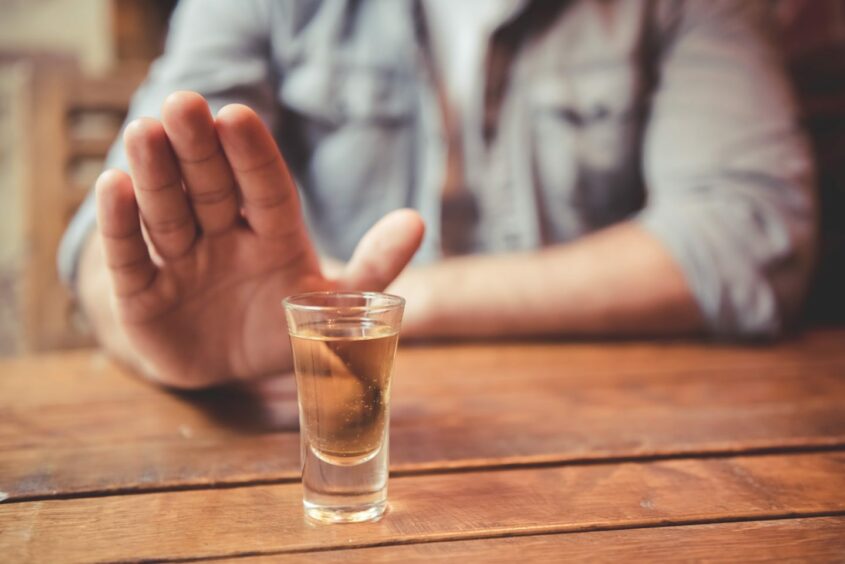
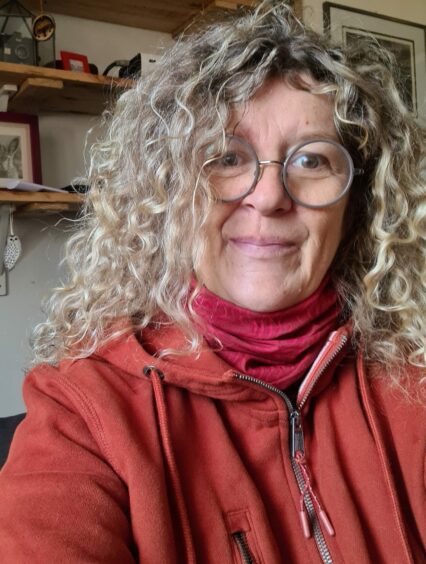
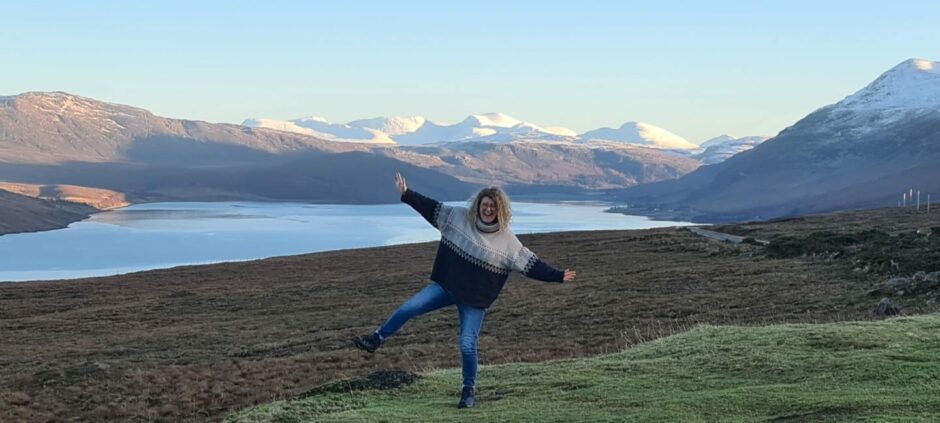
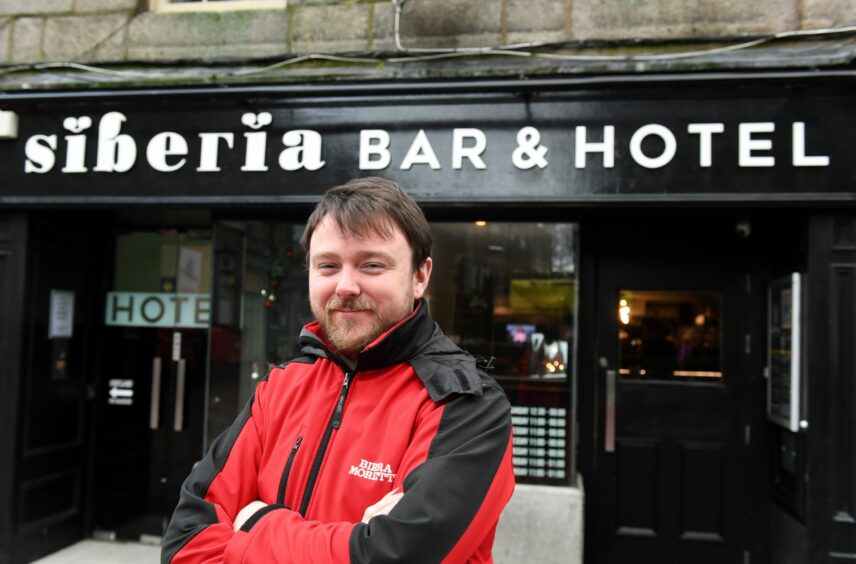
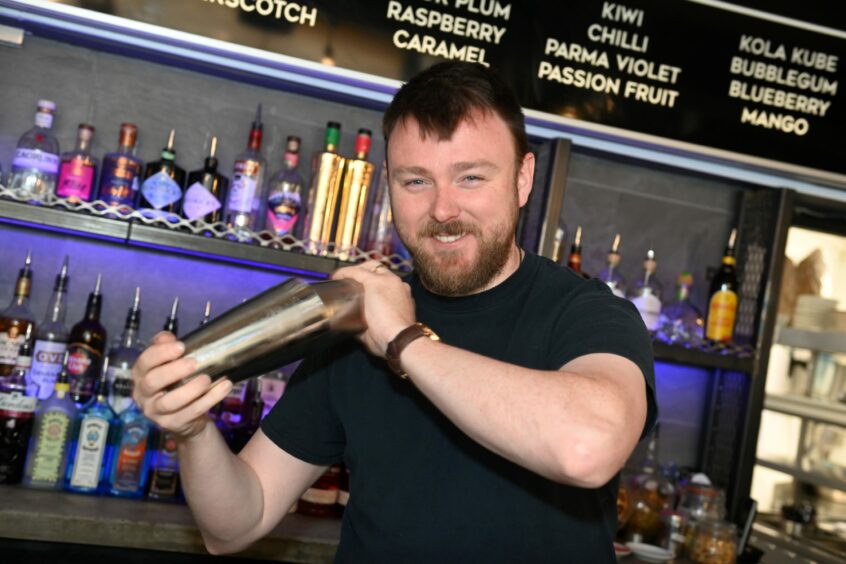
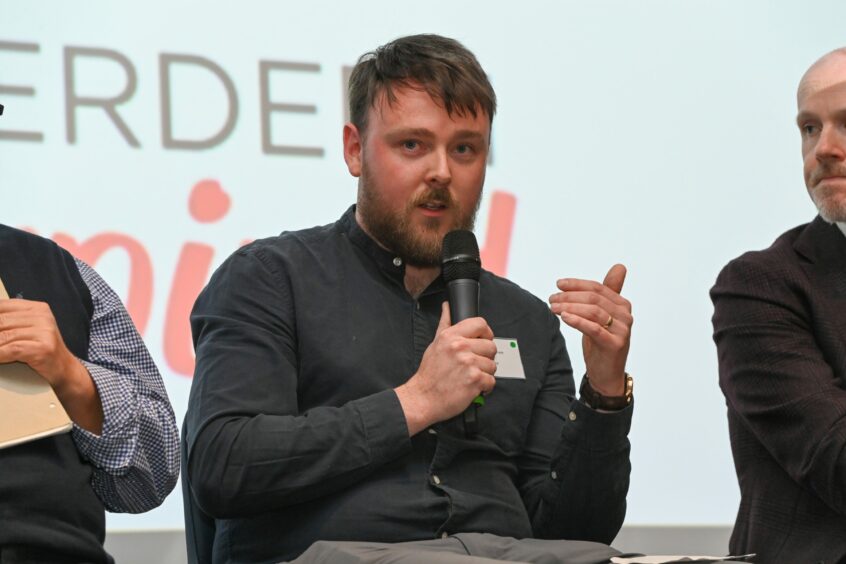
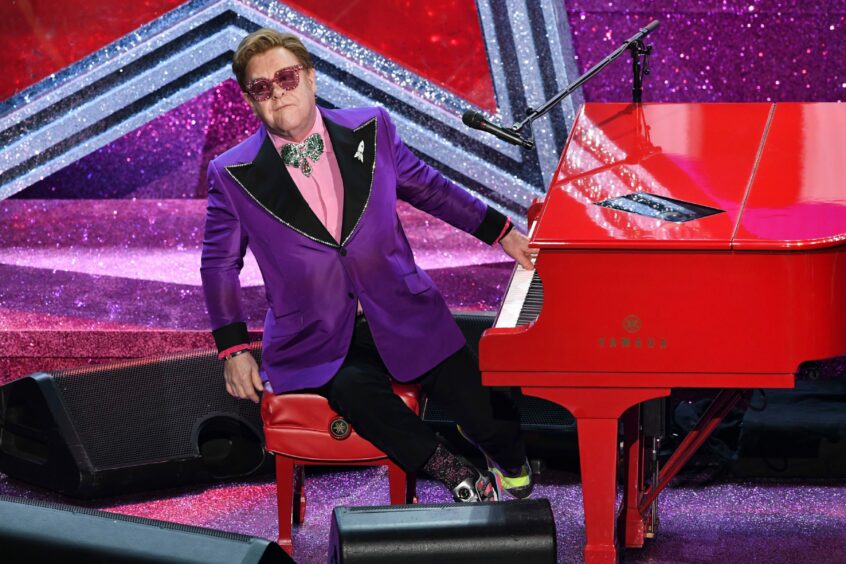
Conversation